Western Bulk Herbs – Muira Puama
Muira puama is used to treat erectile dysfunction and improve libido in men. It’s not really recommended for women but won’t hurt if taken. It doesn’t have the same effect on women as it does on men. Studies in France showed it increased libido 85% in test subjects. It also increased the frequency of intercourse and improves the ability to maintain an erection.
Muira Puama is used by the native peoples of the Rio Negro area of South America to treat a variety of ailments. They prepare the root and bark to create their remedies.
This herb works to have a similar effect to damiana and saw palmetto and could be useful for formulations meant to combat sexual dysfunctions and restore the libido.
Latin Name:
Ptychopetalum olacoides
Common Names:
Marapama, marapuama, potency wood.
Parts Used:
Bark and root.
Properties:
Anti-diarrheal, astringent, and sexual health
Traditional Uses:
Taken as a tea but is more effectively used as a tincture.
Culinary Uses:
Not used in cooking.
Chemical Properties:
The medicinally active chemical constituents of muira puama are long-chain fatty acids and some unique alkaloid chemicals.
Folk Lore:
It has been used in the Amazon for centuries to treat fatigue, muscular weakness, and sexual debility, and is used to prevent baldness.
Cautions:
GRAS: Generally Recognized As Safe. This herb can be safely consumed when used appropriately.
*Disclaimer: These statements have not been evaluated by the Food and Drug Administration. This product is not intended to diagnose, treat, cure or prevent any disease.
Resources:
PDR for Herbal Medicines, 2000. Medical Economics Company, Montvale, New Jersey.
The New Holistic Herbal. David Hoffmann, 1990. Barnes and Noble Books, New York.
A Modern Herbal, Mrs. M. Grieve, (Dover Publications, New York, 1971)
Major Herbs of Ayurvedic.Compiled by Dahur Research Foundation and Dahur Ayurvet Limited, Ghaziabad, India., 2002. Churchill Livingstone, London, England.
Chinese Herbal Medicine: Materia Medica, Third Edition, Dan Bensky and Andrew Gamble, 1986. Eastland Press, Seattle, WA.
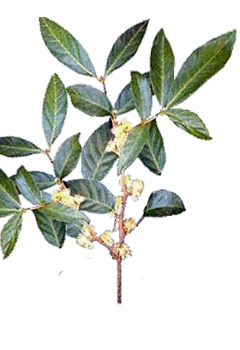
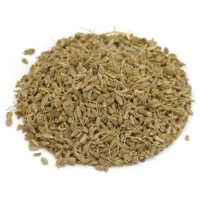
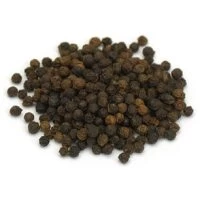
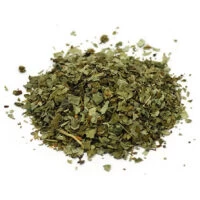
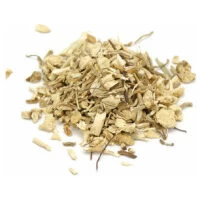
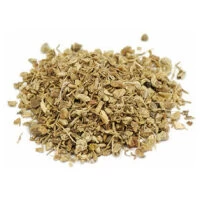
Reviews
There are no reviews yet.